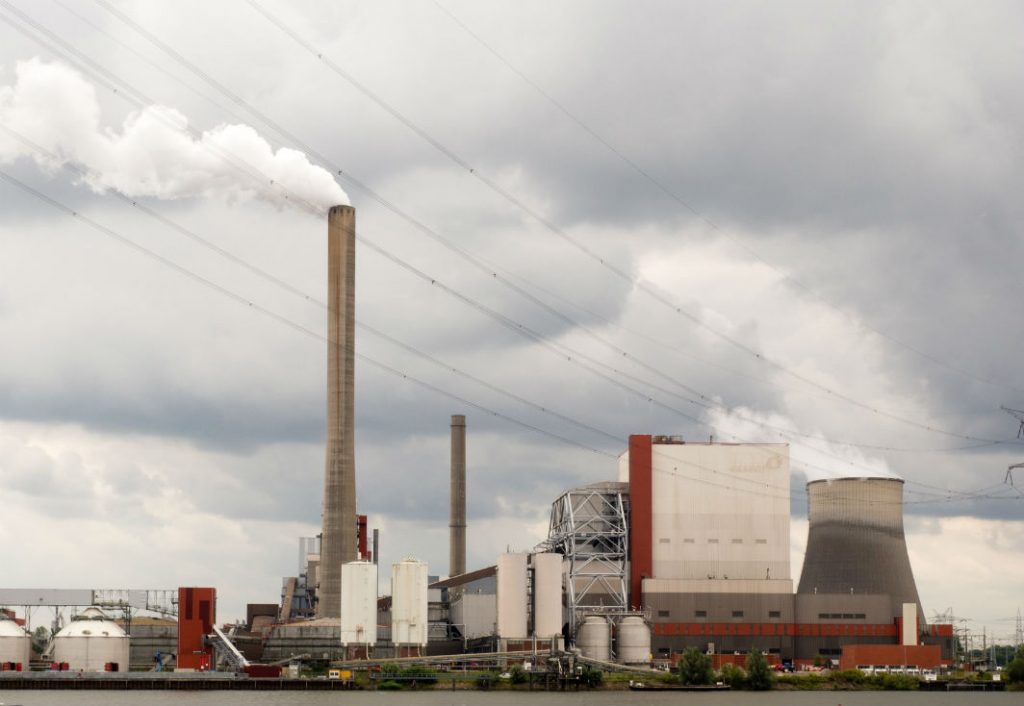What are science-based targets, and what are the business benefits?
Science-based targets (SBTs) for cutting greenhouse gas emissions may soon become standard business practice as we transition to a low carbon economy. To date nearly 800 companies globally have set targets, or made the commitment to do so.
A domino effect is being felt down the supply chain too. Evidently then, they’re of special interest to any firms seeking to gain competitive advantage. Here’s what you need to know…
What are SBTs?
SBTs set a target for how much, and how quickly a company should reduce its greenhouse gas (GHG) emissions.
Targets are considered “science-based” if they are in line with what the latest climate science says is necessary to meet the goals of the Paris Agreement – to limit global warming to well-below 2°C above pre-industrial levels and pursue efforts to limit warming to 1.5°C.
The business benefits of setting SBTs
Adopting SBTs can help firms innovate new technology and practices that will push them to the forefront of the low carbon transition, and help companies stay ahead of future policies and regulations to limit emissions.
Further, firms taking a leadership position through SBTs bolster their credibility and reputation among stakeholders, including investors, customers, employees, policymakers and environmental groups.
Setting ambitious SBTs ensures a lean, efficient, and durable company in a future where resources become increasingly more expensive; particularly resources derived from fossil fuels.
Who is behind the SBTs initiative?
The Science-Based Targets Initiative (SBTi) is a collaboration between l between CDP, the United Nations Global Compact (UNGC), World Resources Institute (WRI), and the Worldwide Fund for Nature (WWF) and one of the We Mean Business Coalition commitments. They independently assess and approve companies’ targets.
How do I set a science-based target?
Setting officially recognised SBTs is a lengthy process, involving a 4-stage application.
Are SBTs mandatory?
No, SBTs are a voluntary initiative, but it pays to consider them. Despite positives including business benefits and being ‘the right thing to do’ there are also business risks involved from not signing up.
For example, major companies are setting SBTs and in turn asking suppliers to set tight emissions targets too. This is because the targets include scope 3 emissions (covering indirect impacts, such as emissions generated in the supply chain).
Remember, SBTs are about looking at the bigger picture around global climate change, instead of just complying with UK directives. Hence, there are reputational risks around not getting involved nor becoming an early adopter.
What big names are up to speed with SBTs already?
Some 796 companies are taking science-based climate action and 326 companies have already approved SBTs. These include Yamaha, Whirlpool, Vodafone, Virgin and Coca Cola. This evidences how big firms will increasingly expect similar stances from suppliers.
How can I learn more about what’s involved?
This case study involving Tesco is a great place to start for firms considering taking action on SBTs.
If you would like advice on setting science-based targets, you can get in touch with a BiU specialist on 01253 785409 or email energy-hub@biu.com.

